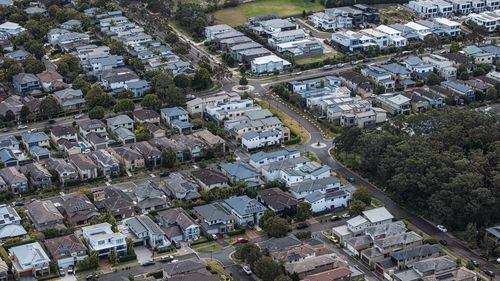Share this @internewscast.com
As parliament reconvenes for the first time since Labor’s decisive victory in the May election, the McKell Institute has published a report advocating for the government to revise the capital gains tax discount, which currently imposes a $23 billion annual burden on the budget.
Instead of offering a uniform 50 per cent discount for all investment properties, the progressive think tank proposes that the rate should be adjusted based on the type of property.

Specifically, the report recommends increasing the discount to 70 per cent for new apartment constructions to motivate investment in newly built residences, while proposing a reduction in the discount for existing homes.
“A key problem with our existing tax settings on property is they orient too much investment toward established dwellings, at the cost of new supply,” study co-author Richard Holden said.
“There is nothing wrong with the commonly held desire of everyday investors to secure their future by investing in the housing market.
“But this desire should be harnessed to achieve our national objectives on housing supply.”

According to the report, the changes would boost housing supply by 1.2 per cent, delivering up to 130,000 new units by 2030.
However, co-author Edward Cavanough, the McKell Institute chief executive, said scrapping or drastically reducing the concession was not realistic.
“We have to stop seeing capital gains tax as some kind of grand moral question,” he said.
“That approach has caused a stalemate in this country that has stalled the progress we need on fixing the housing crisis.

“The CGT tax discount is neither good nor evil. But it should be better calibrated to actually achieve our social aims.
“Instead of encouraging property investors to bid up the price of existing housing stock, we should be encouraging them to contribute to the construction of new dwellings.”
Cavanough and Holden said their proposal would be budget-neutral for its first five years, and raise an extra $1.4 billion over 10 years.
“Labor has resisted change to the CGT discount for too long,” Cavanough said.
“It needs to creatively reform this poorly targeted tax concession so it works both in the interests of aspirational Australians and society more broadly.”
The McKell Institute report will be submitted to the government’s productivity roundtable next month.











